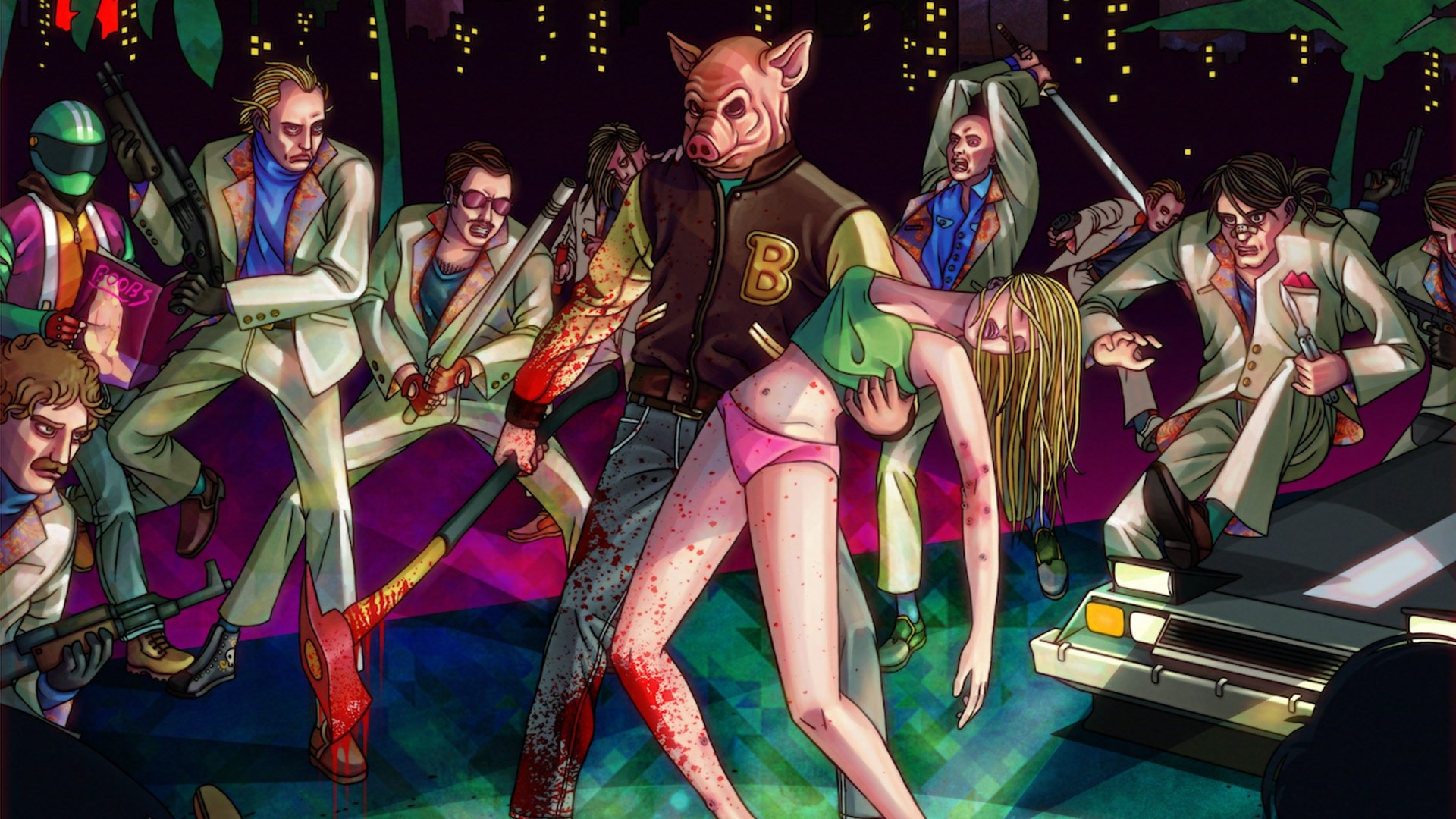Devolver Digital has gone public with Sony acquiring a minority stake
NetEase also has a minority stake.

Indie publisher Devolver Digital has gone public today, with Sony already acquiring a minority stake.
It's the largest US-based company to ever go live on the London Stock Exchange, floating at around $950 million (thanks, gamesindustry.biz). Sony has already made a 5% investment in the publisher, with Chinese videogame behemoth NetEase purchasing an 8% stake. Devolver says its staff are still the majority owners though, with its founders and all current employees owning a stake in the company.
In an announcement, Devolver called the milestone "a kind of validation" for the team's hard work since 2009, adding "we're insanely proud of what we've accomplished over the last decade, and we genuinely believe this will make us even better." It said that going public will help it invest more in games it's currently working on, and partner with games that it has "previously not been able to consider."

CEO Douglas Morin, somewhat unsurprisingly, has these words: "An IPO is the right choice for us to ensure our continued growth and support even more wonderful games. Most importantly, it will allow us to retain our culture."
The culture is the big question. Devolver Digital's entire brand is about being the upstart, the rogue publisher, the one that rents out carparks opposite E3, holds Adult Swim infomercial-style press conferences, and finds indie games you might be interested in before you do. The game that arguably made Devolver's name, Hotline Miami, is exactly the kind of provocative schlock that larger companies tend to balk at. Do you think Rockstar will ever make a Manhunt 3?
"Being a public company gives liquidity to our amazing team, all of whom are shareholders. It also gives us access to capital markets to continue investing in our growth strategy and talent," says Morin. (Which, roughly translated, means that they're rolling in it.)
Keep up to date with the most important stories and the best deals, as picked by the PC Gamer team.

Mollie spent her early childhood deeply invested in games like Killer Instinct, Toontown and Audition Online, which continue to form the pillars of her personality today. She joined PC Gamer in 2020 as a news writer and now lends her expertise to write a wealth of features, guides and reviews with a dash of chaos. She can often be found causing mischief in Final Fantasy 14, using those experiences to write neat things about her favourite MMO. When she's not staring at her bunny girl she can be found sweating out rhythm games, pretending to be good at fighting games or spending far too much money at her local arcade.

